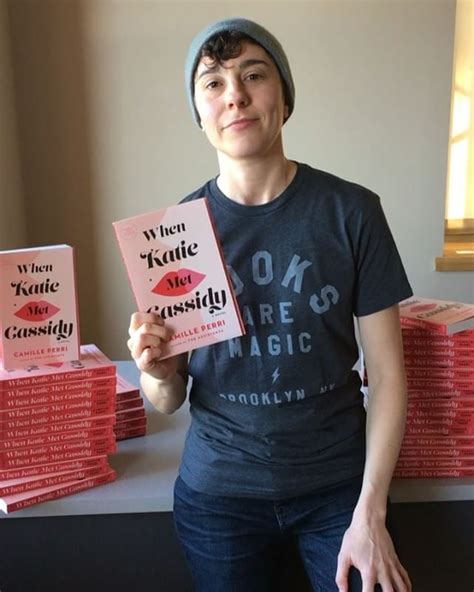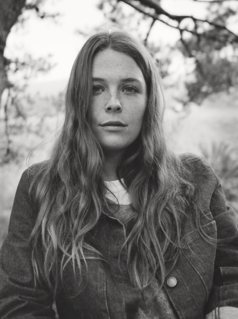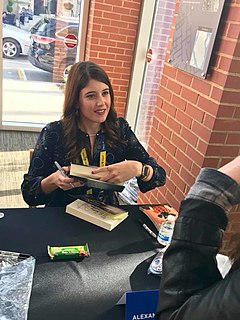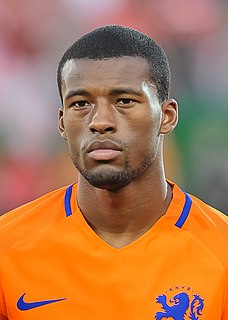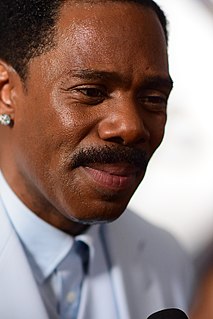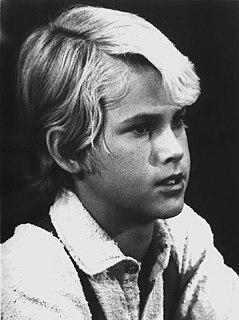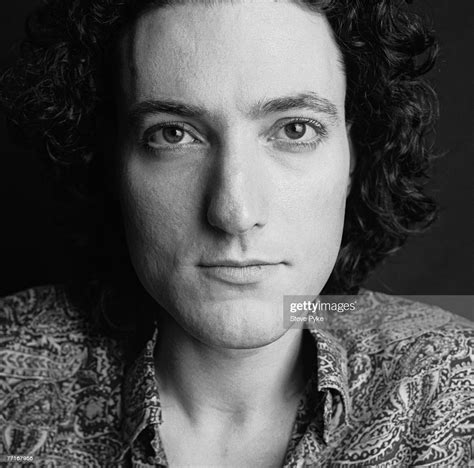A Quote by Camille Perri
I'm not sure if it's easier to address tough themes through humor, but I do think it's more fun and makes such themes easier to digest for the reader.
Related Quotes
Introduce your main characters and themes in the first third of your novel. If you are writing a plot-driven genre novel make sure all your major themes/plot elements are introduced in the first third, which you can call the introduction. Develop your themes and characters in your second third, the development. Resolve your themes, mysteries and so on in the final third, the resolution.
If somebody asks me about the themes of something I'm working on, I never have any idea what the themes are. . . . Somebody tells me the themes later. I sort of try to avoid developing themes. I want to just keep it a little bit more abstract. But then, what ends up happening is, they say, 'Well, I see a lot here that you did before, and it's connected to this other movie you did,' and . . . that almost seems like something I don't quite choose. It chooses me.
We learnt a lot because we got in with real choreographers who tell you what they need from a song, because a song has to advance the story. Then real directors like Mike Nichols tell you where you can have 'B themes' and 'C themes', and we go oh yes, B themes and C themes! So we were taught in the finest school amongst the finest people. And also by the school of experience.
I mean these are universal themes. I try not to preach, for sure. I don't enjoy movies that preach - so I don't want to preach myself when I tell stories because I just feel all of these themes are built into us in terms of redemption and mercy and love and compassion and all these things. And the negative sides, as well.
